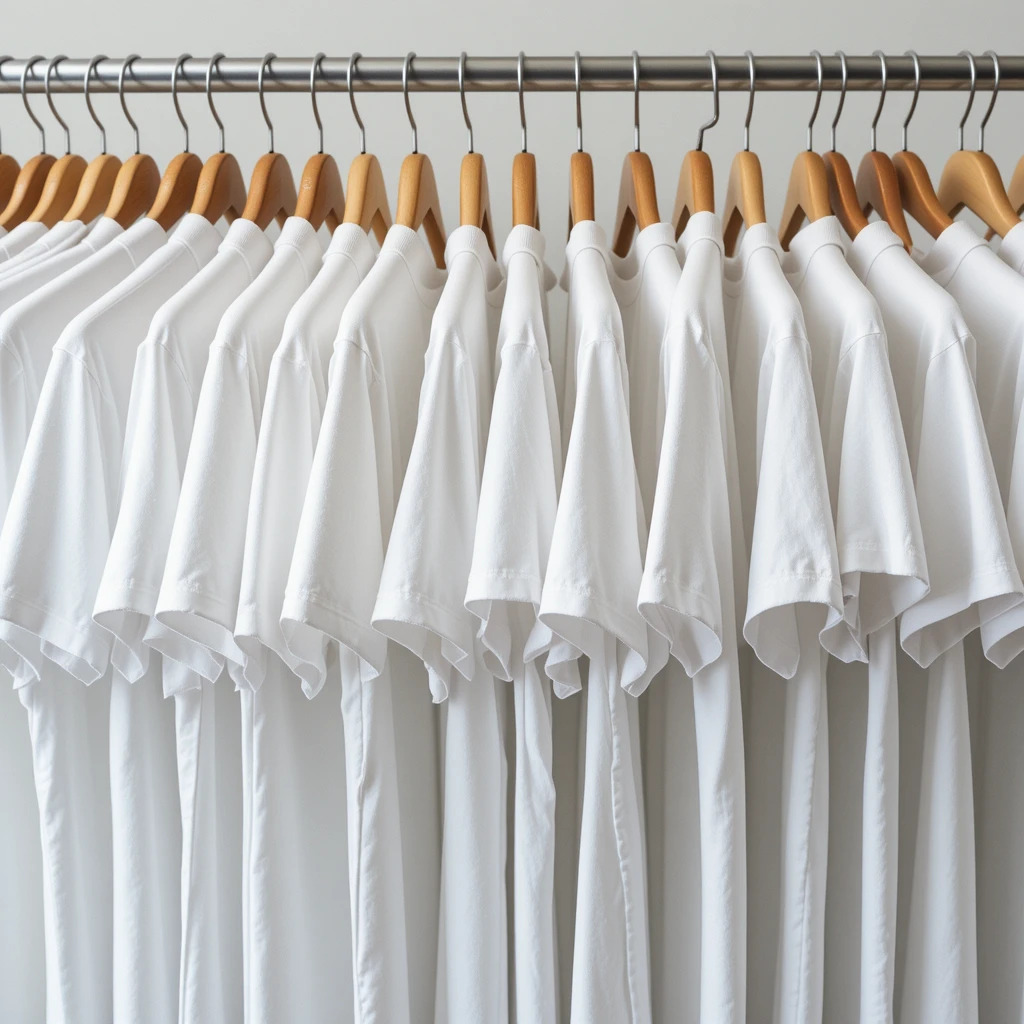The Style of Non-Fashion: Why Some People Opt Out of Fashion Trends
Introduction
In a world where fashion often dominates culture, media, and self-expression, there’s a quiet rebellion of people who simply don’t care about being „in fashion.“ These individuals prioritize practicality, comfort, or personal values over the latest trends. But why do some people opt out of fashion, and what does that choice say about their identity and place in society?
Who Are the Non-Fashionable?
1. The Pragmatists
For some, clothing serves one purpose: functionality. They view fashion as an unnecessary distraction and prioritize utility over style. This group includes professionals in fields like science, technology, and manual labor, where practicality takes precedence over aesthetics.
2. The Minimalists
Minimalists reject the constant cycle of fashion trends in favor of simplicity. They often adopt capsule wardrobes, filled with timeless, versatile pieces that never go out of style. Their motto is: less is more.
3. The Value-Driven
Many people opt out of fashion because they oppose its values, such as consumerism, waste, or exploitation. Ethical concerns about fast fashion and its impact on the environment and workers often lead them to avoid trendy, mass-produced clothing altogether.
4. The Uninterested
Some simply have no interest in fashion. They don’t find joy in shopping or styling outfits and prefer to invest their time and energy elsewhere, such as in hobbies, careers, or relationships.
5. The Rebels
For others, not following fashion trends is an act of defiance. They deliberately avoid what’s „in“ as a way to reject societal norms or expectations. Their style may be unconventional, mismatched, or entirely utilitarian—an anti-fashion statement in itself.

Why People Opt Out of Fashion
1. Time and Effort
Keeping up with fashion trends requires effort—researching new styles, shopping for clothes, and assembling outfits. For those with demanding schedules or little interest, this can feel like an unnecessary burden.
2. Financial Constraints
Fashion can be expensive, especially when trends change quickly. Many choose to spend their money on priorities like education, travel, or family instead of seasonal wardrobes.
3. Environmental Concerns
The fashion industry is a significant contributor to pollution and waste. People who are environmentally conscious may avoid participating in trend cycles and instead focus on sustainable living.
4. Rejection of Consumer Culture
The fast-paced nature of fashion promotes a cycle of consumption and disposal. Some people reject this cycle entirely, seeing it as wasteful and unfulfilling.
5. Comfort Over Style
For many, comfort takes precedence over fashion. Tight jeans, high heels, or restrictive dresses hold little appeal for those who prioritize ease and functionality.
6. Identity Beyond Clothes
Some individuals feel that their identity isn’t tied to their appearance. They prefer to express themselves through actions, words, or creative pursuits rather than through what they wear.

The Benefits of Opting Out
- Freedom from Trends
Non-fashionable individuals are free from the pressure to conform, saving time and energy. They don’t worry about being judged for wearing last season’s looks. - Cost Savings
Avoiding the constant purchase of new clothes allows for significant financial savings. - Sustainability
By consuming less, these individuals contribute to reducing waste and minimizing their environmental footprint. - Authenticity
People who opt out of fashion often develop a unique sense of style or stick to what feels comfortable and authentic, rather than what’s dictated by trends.
The Challenges of Being Non-Fashionable
- Social Judgments
In a world that often equates style with success or confidence, those who don’t follow fashion may face assumptions about their competence, personality, or even hygiene. - Limited Representation
Mainstream media rarely celebrates non-fashionable individuals, perpetuating the idea that everyone should care about style. - Finding Clothes
Ironically, opting out of fashion trends can make shopping harder, as many stores prioritize trendy items over timeless or practical pieces.
Embracing Non-Fashion as a Choice
Being non-fashionable isn’t about a lack of style; it’s about choosing to prioritize other aspects of life over trends. Whether driven by practicality, values, or indifference, this choice reflects a deeper understanding of personal needs and identity. In an era where individuality is celebrated, opting out of fashion can be as bold a statement as following it.
Conclusion
Fashion isn’t for everyone—and that’s okay. People who opt out of fashion remind us that clothing is just one aspect of self-expression. Whether they dress for comfort, practicality, or principle, their choices reflect a deeper narrative about what truly matters in their lives. And perhaps that, in itself, is the ultimate statement of style.


